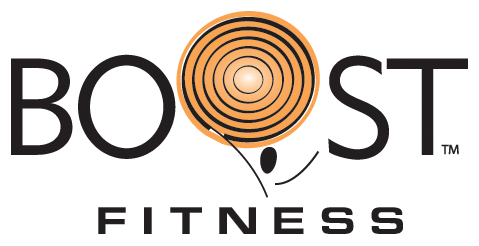Caution: Fitness myths can be hazardous to your health.
Many people – even those who have been working out for years – have misconceptions that can prevent them from getting the results they’re seeking or, worse yet, cause an injury.
What are some of these fitness myths?
Myth #6. Stretching before exercising prevents injury. While not everyone agrees, research shows that stretching before exercise increases the probability of injury and may decrease your workout performance. The best way to prepare for exercise may be to warm up with a quick walk, jog, swim or bike ride.
Myth #7: The more I sweat, the more weight I’m losing. Some people think of sweat as fat melting away as they work out. Sweat is sweat, not fat. Sweating is a way for your body to cool itself. While sweating is an indication, to some degree, that you’re working hard, keep in mind that some people sweat more than others.
Myth #8: To lose weight, focus on dieting and cardio training. A combination of diet, cardio training and strength training is the best way to lose weight. Cardio training burns calories, but strength training can help build muscle, which burns more calories than fat. Dieting is also important, but restricting calorie intake too much can slow down your metabolism to the point where your body wants to store fat.
Myth #9. Training with weights will make you muscular. Women sometimes avoid weight training because they think it will make them too muscular. However, women do not have a high enough testosterone level to become muscle-bound. Even men need to do a great deal of strength training to gain muscle.
While strength training will not make a woman muscle bound, it will help her reach and maintain a healthy weight, turn some fat into muscle and strengthen her body.
Myth #10. If you eat more protein, your muscles will be bigger. Muscle mass comes from eating more calories than you burn and challenging your muscles beyond their usual levels of resistance. The calories should come from a combination of nutrients, including fat and carbohydrates as well as protein. Keep in mind, too, that too much protein can cause kidney strain and dehydration.
Tuesday, October 20, 2009
Subscribe to:
Post Comments (Atom)


No comments:
Post a Comment